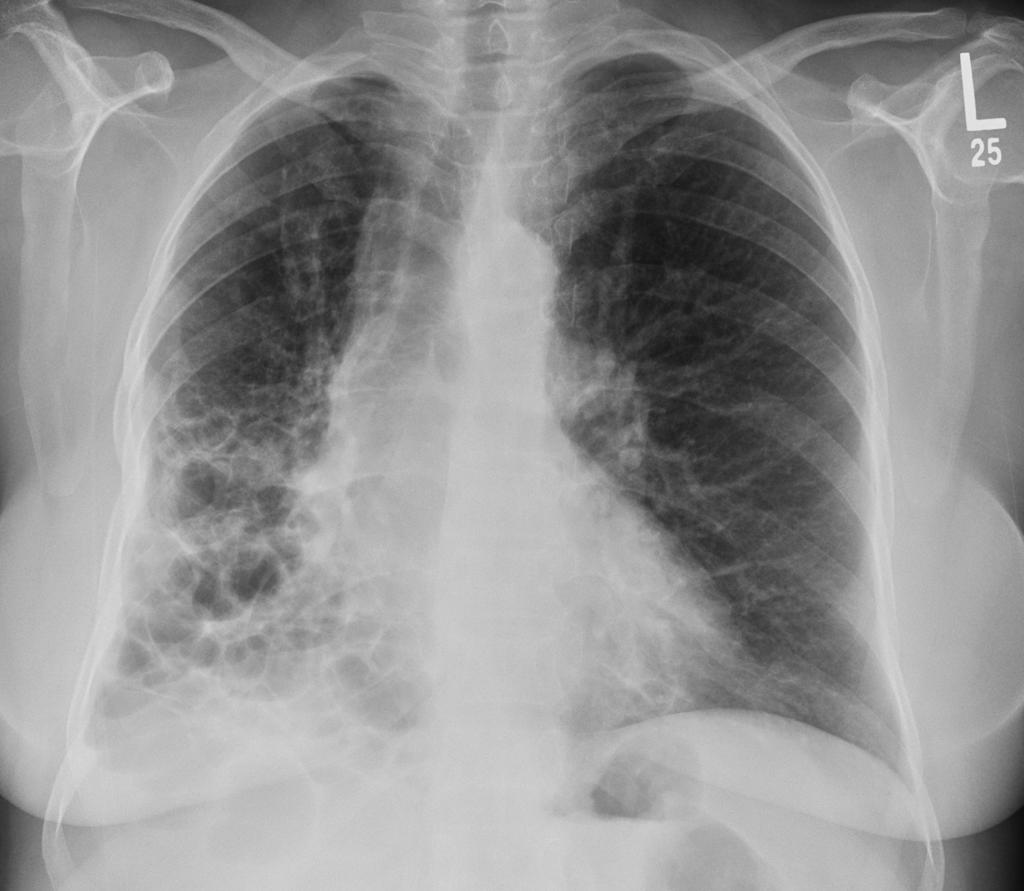Dr Vasileios Kouranos
Consultant Respiratory Physician
Specialist expertise: Interstitial Lung Diseases, Respiratory Medicine, Pulmonary Fibrosis, Sarcoidosis, Breathlessness, Acute and chronic cough, General Respiratory Medicine, Cardiac Sarcoidosis, Post-Covid Lung Disease, Connective Tissue Disease - Related Lung Diseases.

